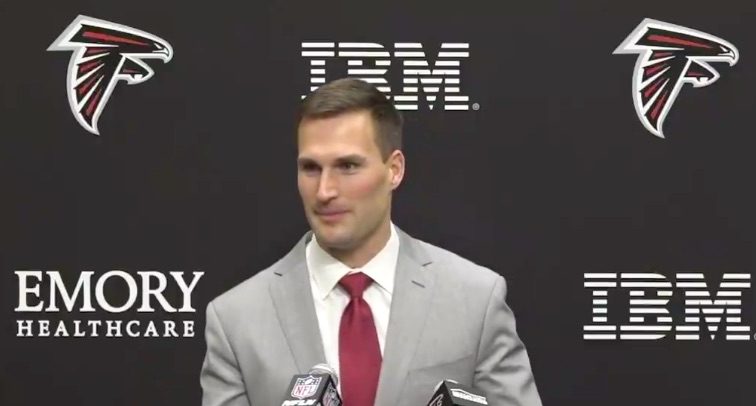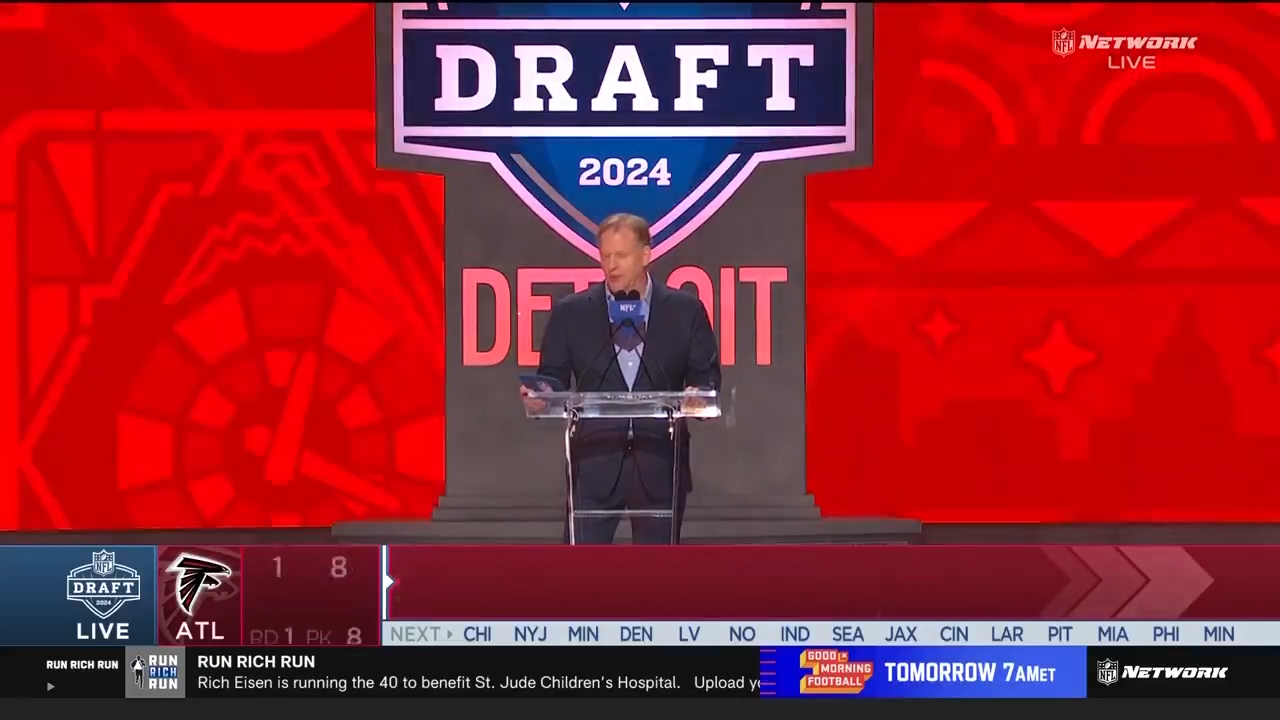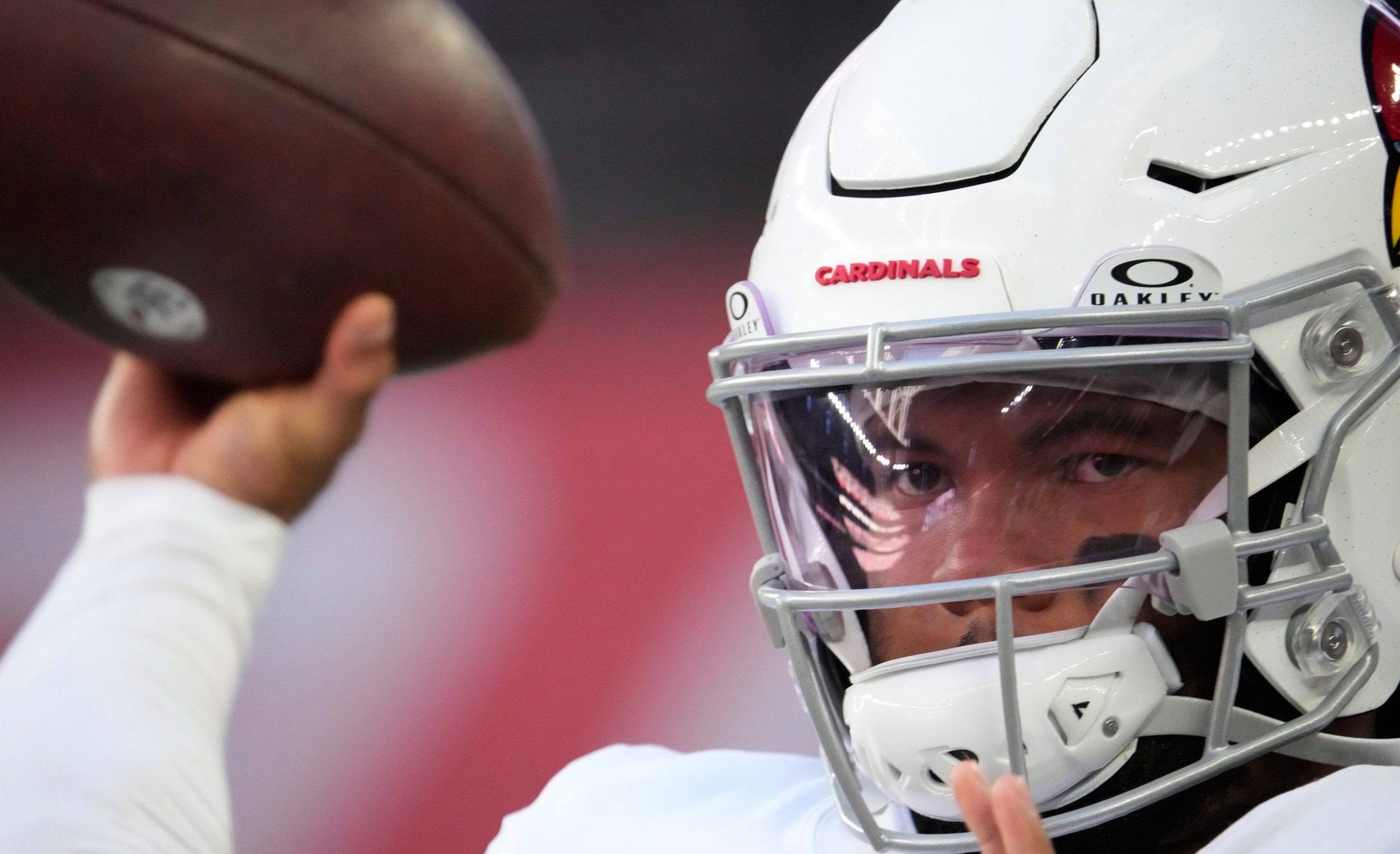Did draft hubris get the best of the New Orleans Saints?
After acing the 2017 NFL draft by selecting the eventual offensive rookie of the year (Alvin Kamara), the eventual defensive rookie of the year (Marshon Lattimore), and two other high-quality starters (Ryan Ramczyk and Marcus Williams) with their first four selections, the Saints might have become cocky in 2018.
How else do you explain their decision to pay an arm and a leg in order to move up to draft a somewhat unpolished pass-rusher?
After falling in love with former UTSA defensive end Marcus Davenport, the Saints sent the Green Bay Packers their first-round pick in next year’s draft as well as a fifth-rounder in the 2018 draft so that they could jump up from the No. 27 spot to the No. 14 spot to grab Davenport.
But that’s a hell of a price to pay. After all, didn’t a lot of us laugh when the New York Giants were reportedly asking for two first-round picks in trade talks for Odell Beckham Jr.? How many non-quarterbacks in this league are worth multiple first-round picks? And yet the Saints decided to sacrifice two first-rounders and a fifth-rounder in order to draft an unpolished defender who recorded just 21.5 sacks during a four-year tenure in Conference USA.
What the hell were they thinking?
The pick used on Davenport was worth 1,100 points on the Pro Football Reference draft trade value chart. The 2018 picks they gave up were worth 713 points. In the best-case scenario, that 2019 pick will be worth 590 points. That means that at the very least, they handed the Packers 203 draft trade value points. But if they don’t win the Super Bowl and are closer to average in 2018, it’ll be closer to a 500-point discrepancy. That’s equivalent to a high second-round pick.
It’s one thing to overpay for a player who can single-handedly turn your franchise around as a rookie, and teams often overpay for quarterbacks, but again, we’re talking about a relatively unproductive rusher from an obscure school and a second-rate conference who was lost in Bradley Chubb’s shadow for much of the pre-draft process.
A few years ago, Joseph Stromberg of Vox cited a series of papers from economists Cade Massey and Richard Thaler which found that “NFL teams ignore basic economics and draft players irrationally,” pointing specifically to trade-ups.
“Draft picks can be traded, and the success of any one player picked is highly uncertain,” wrote Stromberg. “Because of that, their data says that in the current trade market, teams are always better off trading down — that is, trading one high pick for multiple lower ones — but many teams become overconfident in their evaluation of one particular player and do the exact opposite.”
And this wasn’t any old trade-up. According to Pro Football Talk, it’s been 15 years since a team last surrendered that much draft capital to move up and select a defensive player in Round 1.
The Saints can get away with this if Davenport excels, which is absolutely within the realm of possibility. The draft is a crapshoot and Davenport’s career could go either way, but it might not help that he will immediately be under more pressure than anybody else in this rookie class. Because while the Browns, Jets, Bills and Cardinals used top-10 picks on players they expect to become franchise quarterbacks, those teams have starters in place at that position right now, and none of them gave up two first-rounders.
Most teams picking that high also suck and thus don’t have immediate Super Bowl aspirations. But in New Orleans, they expect to win now, before Drew Brees becomes a senior citizen.
There’s no time for Davenport to slowly develop. The pressure’s on.







